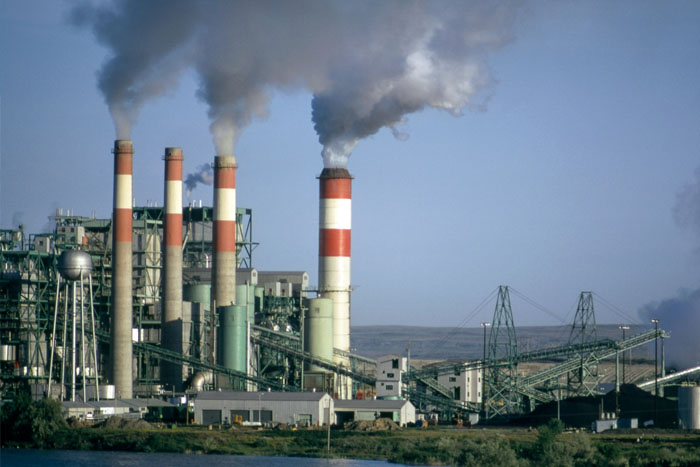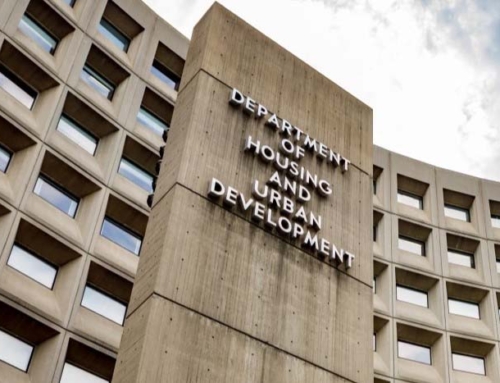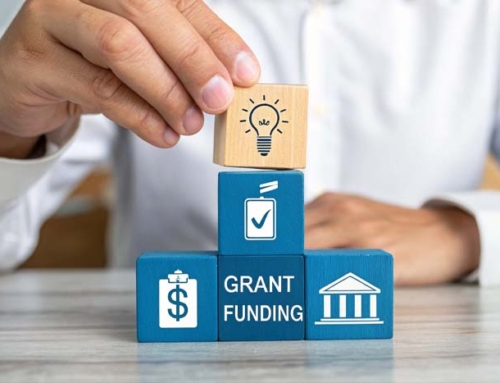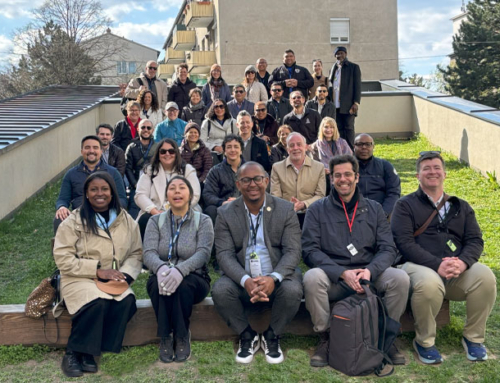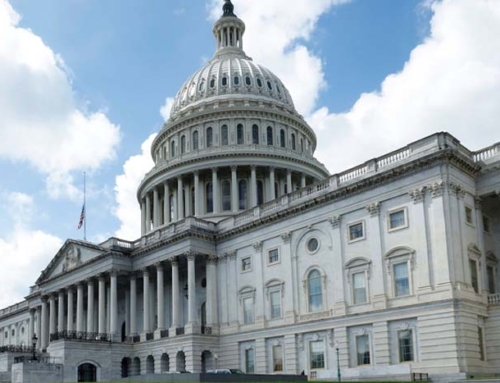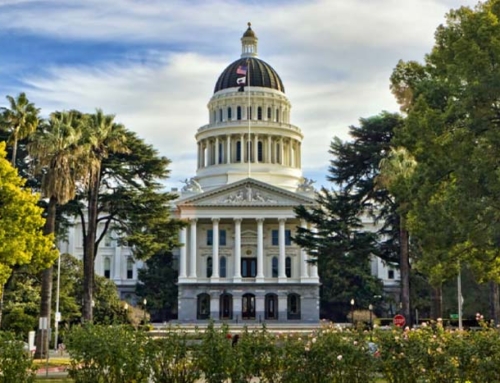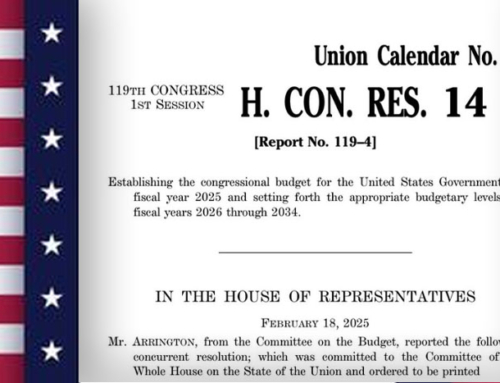In April, the US Environmental Protection Agency announced the awardees of the federal Greenhouse Gas Reduction Fund (GHGRF), a first-of-its-kind, national-scale program to mobilize financing and private capital to address the climate crisis, including through building decarbonization in low-income and disadvantaged communities. Projects could include rooftop and community solar, microgrids, and energy efficiency upgrades and weatherization. A program included in the Inflation Reduction Act of 2022, the GHGRF comprises three sub-programs:
- The National Clean Investment Fund (NCIF), which provides $14B in financial products at better-than-market interest rates to rapidly deploy low and zero-emission products, technologies and services and prioritizes use in low-income and disadvantaged communities.
- The Clean Communities Investment Accelerator (CCIA), a $6B program for national nonprofit “hubs” that provides capitalization and technical assistance funding to build the capacity of specific public, quasi-public, and non-profit community lenders to ensure that low-income and disadvantaged communities have access to climate financing.
- Solar for All, a $7B program that expands existing low-income solar programs and deploys new programs for low-income and disadvantaged communities.
The EPA announced awardees in April; awardees will likely determine any geographies targeted following final award negotiations. The EPA awarded NCIF funding to three applicants:
- Power Forward Communities ($2B): a coalition led by Enterprise Community Partners, Rewiring America, Habitat for Humanity International, Local Initiatives Support Corporation, and United Way Worldwide, Power Forward aims to transform the housing sector, save homeowners and renters money, invest in stronger communities, and meet national climate goals. Power Forward will utilize the funding to reduce friction in the complex web of decarbonization incentives and regulations, aggregate consumer demand, create affordable financing solutions and create a more equitable future through investments in workforce development.
- Climate United ($6.97B): this coalition comprising Calvert Impact, Community Preservation Corporation, and Self-Help Credit Union will focus on harder-to-reach market segments such as consumers, small businesses, small farms, community facilities, and schools, and will dedicate at least 60% of its investments in low-income and disadvantaged communities. In its application, Climate United indicated that 67% of investments would focus on decarbonizing buildings through integrating building decarbonization into the first mortgage originations process, and that it would deploy capital through existing mortgage lenders focused on four deployment verticals: Community Development Financial Institutions (CDFIs), Housing Finance Agencies (HFAs), mortgage banks, and commercial lenders.
- Coalition for Green Capital (CGC, $5B): a nonprofit that advocates for, creates, and implements green banks. Funding from CGC will be provided to the California Infrastructure and Economic Development Bank (IBank) and will emphasize public-private investing, with at least 50% of investments in low-income and disadvantaged communities.
The EPA awarded CCIA funding to 5 applicants, including:
- Opportunity Finance Network (OFN, $2.29B): a national network of more than 400 CDFIs nationwide that collectively manage $42B in assets. OFN will collaborate with partners to tailor training and assistance for community lenders to foster their growth and support the development of tools to aid community service entities, residents, and small businesses in identifying, assessing, and developing opportunities. OFM anticipates that 50% of the CCIA award will go towards net-zero emissions buildings, with 40% of this amount going to multifamily residential. OFN will additionally partner with NCIF applicants to develop standardized products.
- Inclusiv ($1.87B): a network of 900 mission-driven, regulated credit unions and cooperativas (Puerto Rican cooperatives) that collectively manage $300B in assets. CCIA funding will allow Inclusive to provide community development credit unions grants for capitalization, staffing, training, software and other operating costs, and will scale their Solar and Green Lending training and technical assistance program for community-based lenders; build their consumer financial empowerment platform for climate resilience; and help connect community lenders to minority-owned clean energy businesses.
- Justice Climate Fund (JCF, $940M): a purpose-built nonprofit financial institution founded by the Community Builders of Color Coalition and comprised of a national and diverse network of financial institutions and advocacy organizations, including the African American Alliance of CDFI CEOs, the National Association for Latino Community Asset Builders, Inclusive, OFN, Housing Partnership Network, and the Connecticut Green Bank.
The EPA awarded Solar for All funding to three California-based entities:
- IBank’s Solar for All Application (CA-S4A, $249.8M): a coalition of state entities, including the Strategic Growth Council, Labor and Workforce Development Agency (LWDA), California Energy Commission (CEC), and California Public Utilities Commission (CPUC) with deep programmatic expertise in regulatory design, capacity building, project finance, infrastructure development, and grid management. CA-S4A plans to use such funding to build new programmatic capacity, expand current efforts, address funding gaps, and add momentum to new strategies under development to address future market conditions as California continues to advance the decarbonization agenda.
- GRID Alternatives’ Solar Access for Nationwide Affordable Housing Program (SANAH, $249.8M): headquartered in California, SANAH will deploy residential solar in multiple states and includes a ten-organization team of mission-driven nonprofit solar and affordable housing providers. SANAH will support single and multifamily affordable housing through grants, incentives, and technical assistance.
- GRID Alternatives’ Western Indigenous Network Solar for All program (WIN-SFA, $62M): designed to maximize Tribal household benefits and energy sovereignty while addressing climate change, WIN-SFA will provide solar to Native American households across the nation.
Awardees are negotiating their awards and terms with the EPA, with the goal of finalizing awards by July 2024 and capital deployment beginning soon after.
© LeSar Holdings/LeSar Development Consultants. All Rights Reserved. Please be advised that any republishing of copyrighted material provided by our organization, in whole or in part, requires prior written authorization. For permission, please reach out to [email protected]. We appreciate your understanding and compliance in upholding copyright laws.

